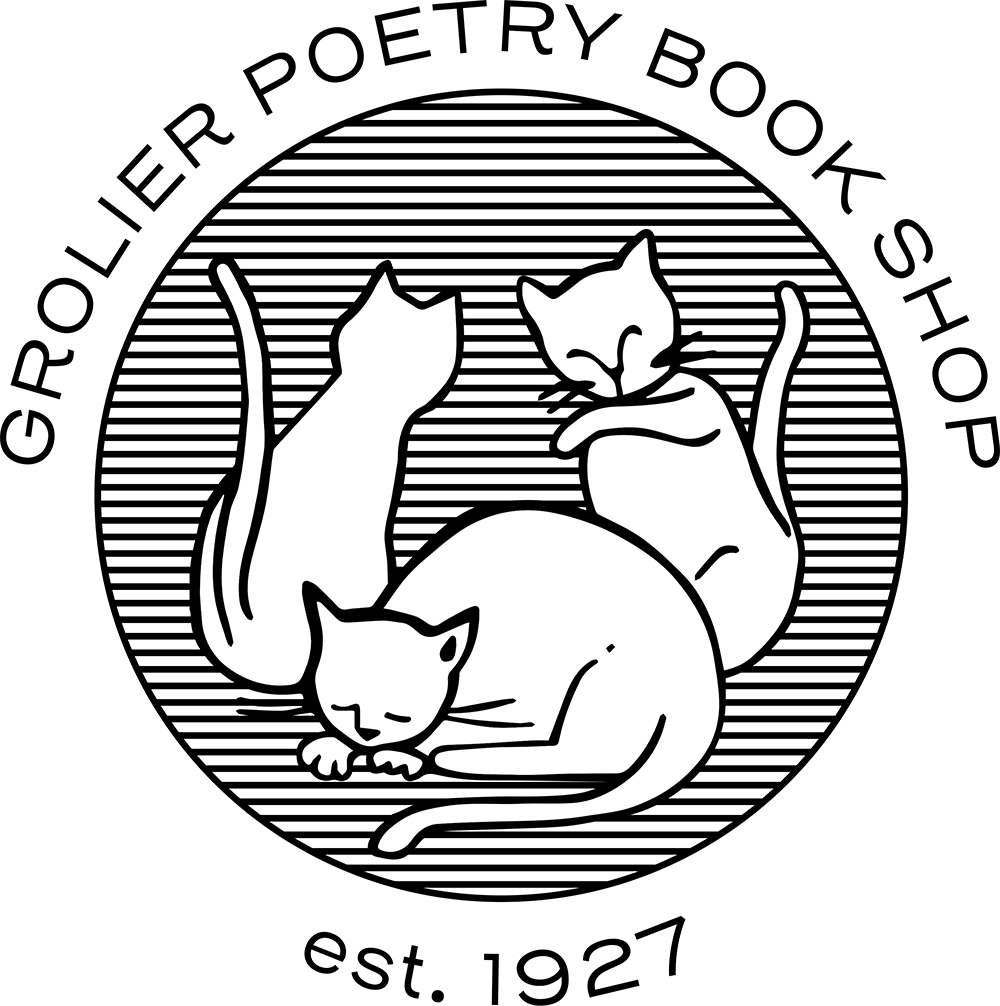 Image 1 of
Image 1 of

Auguries & Divinations by Heather Treseler
Auguries & Divinations tracks a young woman’s coming-of-age, attuned to the unspoken rules (and liabilities) of women’s lives, the suburban underworld, and the energies of eros. An older woman, Lucie, becomes the narrator’s Beatrice in love and survival, and she returns to New England seasoned and ready to claim a life of her own making, drawing on her study of the love lyric—from Catullus to Frank Bidart—and the classical practice of augury, or observing the birds to discern human fate.
Brad Crenshaw, in choosing the book for the May Sarton New Hampshire Poetry Prize, notes: “Heather Treseler is compelling. We immediately want to listen to her, the way we might listen to a lyric singer full of melody and rhythm. . . . But make no mistake, running through all her lyricism is a staring, unblinking intelligence that informs us about what she sees. Her vision is inclusive, generous, wide-ranging, and enthralling.”
Auguries & Divinations tracks a young woman’s coming-of-age, attuned to the unspoken rules (and liabilities) of women’s lives, the suburban underworld, and the energies of eros. An older woman, Lucie, becomes the narrator’s Beatrice in love and survival, and she returns to New England seasoned and ready to claim a life of her own making, drawing on her study of the love lyric—from Catullus to Frank Bidart—and the classical practice of augury, or observing the birds to discern human fate.
Brad Crenshaw, in choosing the book for the May Sarton New Hampshire Poetry Prize, notes: “Heather Treseler is compelling. We immediately want to listen to her, the way we might listen to a lyric singer full of melody and rhythm. . . . But make no mistake, running through all her lyricism is a staring, unblinking intelligence that informs us about what she sees. Her vision is inclusive, generous, wide-ranging, and enthralling.”
Auguries & Divinations tracks a young woman’s coming-of-age, attuned to the unspoken rules (and liabilities) of women’s lives, the suburban underworld, and the energies of eros. An older woman, Lucie, becomes the narrator’s Beatrice in love and survival, and she returns to New England seasoned and ready to claim a life of her own making, drawing on her study of the love lyric—from Catullus to Frank Bidart—and the classical practice of augury, or observing the birds to discern human fate.
Brad Crenshaw, in choosing the book for the May Sarton New Hampshire Poetry Prize, notes: “Heather Treseler is compelling. We immediately want to listen to her, the way we might listen to a lyric singer full of melody and rhythm. . . . But make no mistake, running through all her lyricism is a staring, unblinking intelligence that informs us about what she sees. Her vision is inclusive, generous, wide-ranging, and enthralling.”
